Unlock the Secret Behind Every Great Story: What Exactly Is a Plot?
- Human vs. human
- Human vs. nature
- Human vs. society
- Human vs. self
- Human vs. machine
- Human vs. supernatural
That’s it. The central conflict of every plot is based on one of these conflicts. Examine any story you can think of, and you’ll be able to classify it as one of these six conflicts.
Think of all the books you’ve read and movies you’ve watched. Can you think of any with a plot that doesn’t fit into one of these? Probably not, and that’s why trying to be original is a useless task.
Tips for Devising a Compelling Plot
- Goals and motives. Build a plot around the protagonist’s goals. What does the hero want? What does the antagonist want? What do the other characters want? Why do the characters want these things? Goals and motives are the driving forces behind the characters’ actions and decisions.
- Stakes. Tensions rise and stakes get higher as the plot unfolds. What will the characters gain if they succeed? What will they lose if they fail?
- Momentum. Make sure every scene and chapter move the plot forward in a meaningful way. If a scene can be cut without changing the story, then that scene is unnecessary.
- Plot versus character. Avoid plots that overshadow the characters, and avoid characters who do little more than guide readers through the plot. A good balance of compelling characters and a gripping plot results in the best possible story.
- Originality. Don’t worry about being original. Focus on developing fresh ideas for your story. Use the other elements—characters, setting, and theme—to enrich your plot and make it feel innovative.
- Resolution. When you finish your draft, make a list of the subplots. Are all subplots and the central plot resolved in a satisfactory way? If you’re planning to write a sequel, did you close the main plot but leave a story thread open?
- Plotting and planning. Making a list of your plot points gives you a good overview of your story, which you can quickly review to check for flow, pacing, conflict, and tension.
- Page-turners. Not all stories are page-turners, but if your goal is to keep readers glued to the story, plan plot points that intrigue and entice them.
To learn more about storytelling and plotting, pick up a copy of What’s the Story? Building Blocks for Fiction Writing.

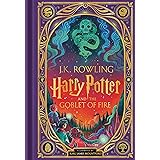
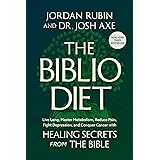
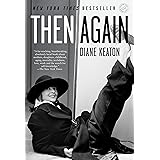
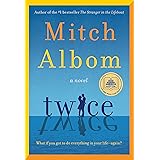







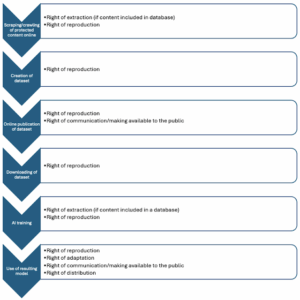




Post Comment